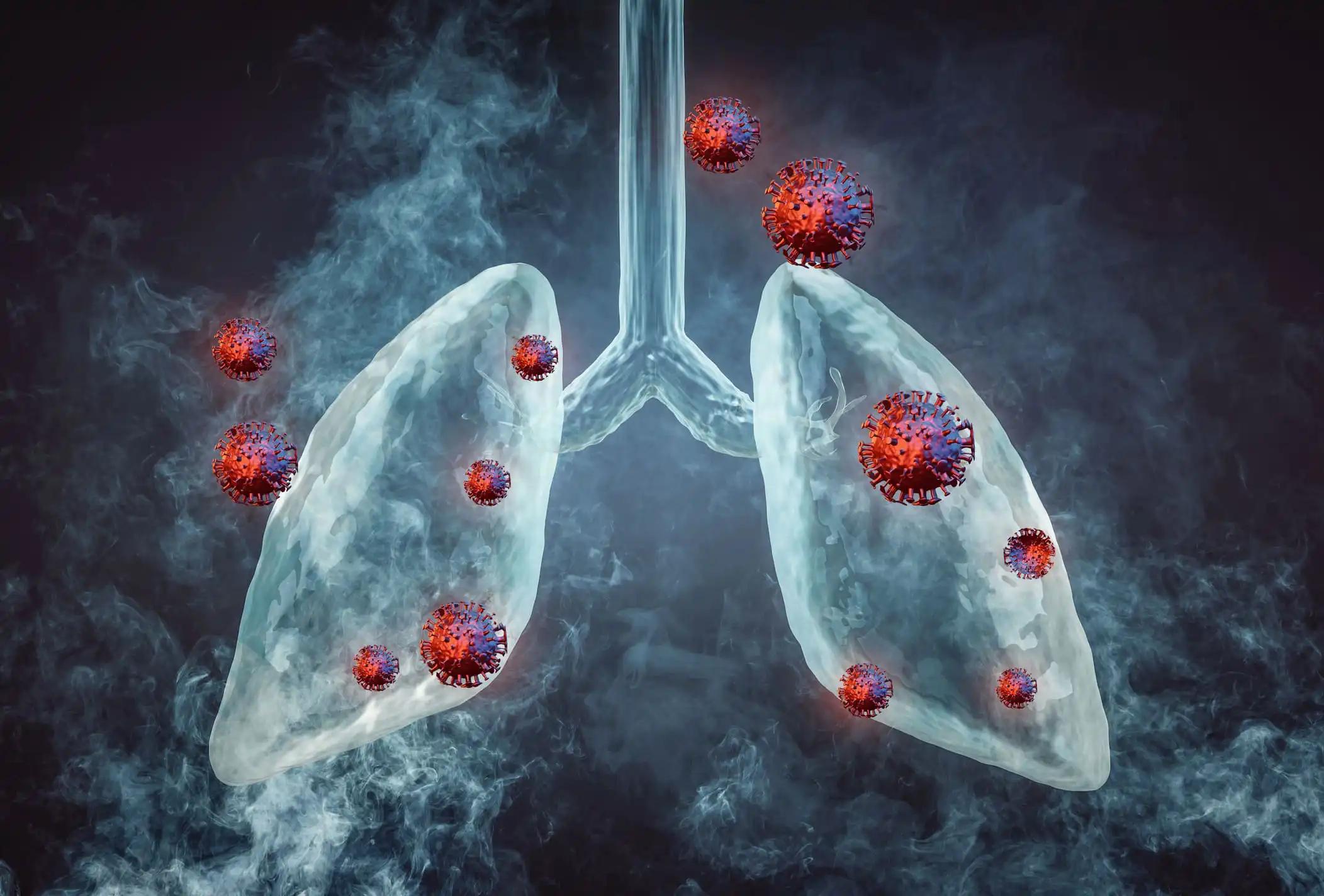KEY TAKEAWAYS
- The ALTA-1L phase III trial aimed to compare the clinical outcomes of responding and non-responding pts treated with brigatinib or crizotinib in the ALTA-1L trial.
- The time to worsening HRQoL was compared between responders and nonresponders using Kaplan-Meier curves and Cox proportional hazards models.
- The study found that brigatinib responders maintained better HRQoL than crizotinib responders, demonstrating superior clinical benefit.
In the ALTA-1L trial, brigatinib showed superior progression-free survival (PFS) and time to worsening (TTW) in global health status/quality of life (GHS/QoL) compared to crizotinib. Researchers aimed to compare the clinical outcomes of responding and non-responding patients(pts) treated with brigatinib or crizotinib in the ALTA-1L trial.
Patients with baseline and ≥1 post-baseline Global Health Status (GHS) value were included in the intention-to-treat (ITT)-patient-reported outcomes (PRO) population. Clinical responders were defined as those with a best-confirmed response of complete or partial response by BIRC.
Worsening of Health-Related Quality of Life (HRQoL) measured by the EORTC Quality of Life Questionnaire-Core 30 (QLQ-C30) scores was defined as a ≥10-point decrease from baseline for GHS/QoL, functioning, and summary scores or a ≥10-point increase for symptom scores.
Time-to-worsening analyses were performed for clinical responders and non-responders by treatment using Kaplan-Meier methods. Differences between response groups by treatment were assessed using a Cox proportional hazards model, with study stratification factors as covariates.
In the ITT-PRO population, 262 pts (brigatinib:101 responders, 30 non-responders; crizotinib: 83 responders, 48 non-responders), demographics, baseline characteristics, and EORTC QLQ-C30 scores were comparable across treatment groups and responders/non-responders.
Responders exhibited significantly longer Time to Worsening (TTW) for Global Health Status/Quality of Life (GHS/QoL) scores and were approximately 50% less likely to experience worsening events than non-responders for both brigatinib (median: 37.9 vs 7.1 months [responders vs non-responders]; HR 0.51, 95% CI: 0.27-0.95, P=0.0351) and crizotinib (13.0 vs 4.5 months; 0.47, 0.28-0.79, P=0.0043).
Brigatinib responders tended to have numerically longer TTW for GHS/QoL scores than crizotinib responders (37.9 vs 13.0 months; 0.72, 0.47-1.09, P=0.1225). Significant HRs (~0.50) indicated that brigatinib responders were approximately 50% less likely to experience worsening events than non-responders for various domains, including physical functioning, dyspnea, insomnia, and appetite loss. Similarly, crizotinib responders, with HRs ~0.50, were approximately 50% less likely than non-responders to have worsening events in physical, emotional, and cognitive functioning, pain, and dyspnea.
With significant HRs ~0.60, brigatinib-treated responders, compared to crizotinib-treated responders, were approximately 60% less likely to experience events across multiple domains, including physical and social functioning, nausea and vomiting, appetite loss, constipation, and the QLQ-C30 summary score.
The study found that brigatinib responders maintained better HRQoL than crizotinib responders, demonstrating superior clinical benefit.
Source: https://cattendee.abstractsonline.com/meeting/10925/presentation/2353
Clinical Trial: https://clinicaltrials.gov/study/NCT02737501
García-Campelo R, Lin HM, Pérol M, Jahanzeb M, Szumski A, Wu Y, Geiger A, Goodman E, Fram RJ, Popat S, Camidge DR. Correlation Between Clinical and Health-related Quality-of-Life (HRQoL) Benefits in Patients With ALK+ NSCLC in ALTA-1L. University Hospital A Coruña, CHUAC, A Coruña, Spain; Takeda Development Center Americas, Inc., Lexington, MA, USA; Léon Bérard Cancer Center, Lyon, France; Florida Cancer Specialists and Research Center, Delray Beach, FL, USA; Royal Marsden Hospital, London, United Kingdom; University of Colorado Cancer Center, Aurora, CO, USA.



